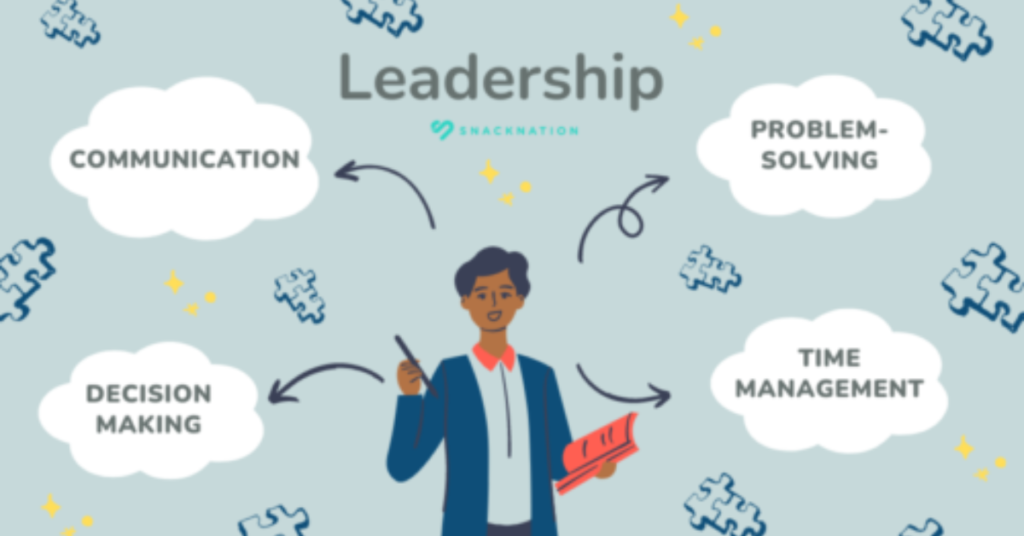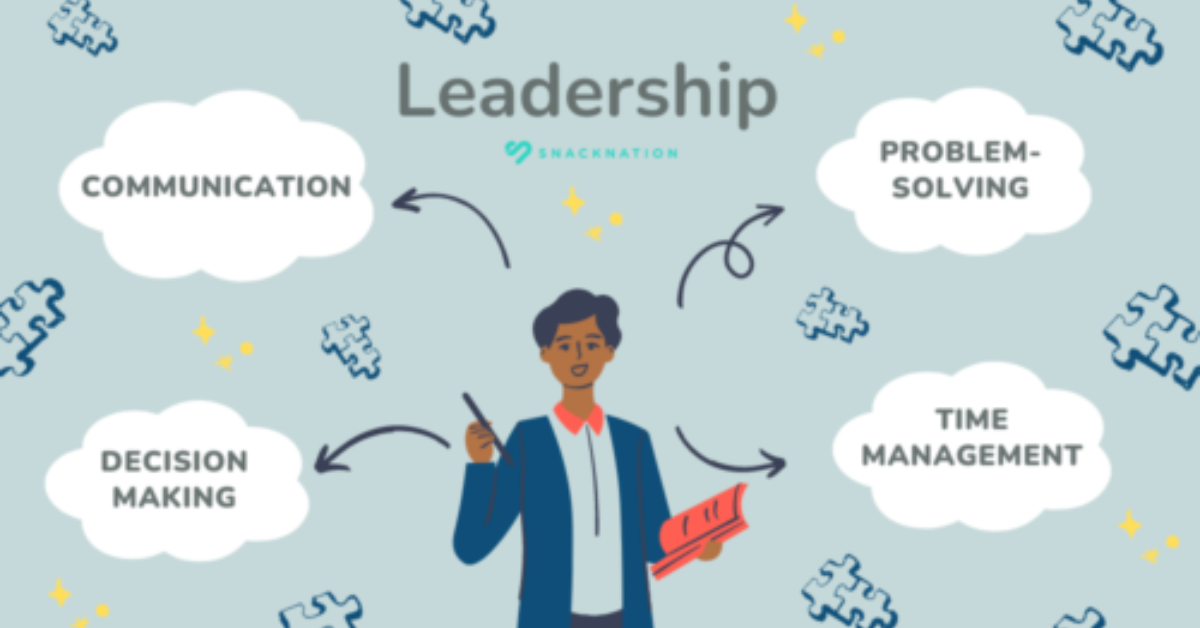In today’s fast-paced and interconnected world, the significance of effective leadership cannot be overstated. From businesses to nonprofit organizations and governmental institutions, the need for skilled leaders who can navigate challenges and inspire teams has become increasingly crucial. Undergraduate leadership programs have emerged as pivotal avenues for students aspiring to cultivate the competencies necessary for successful leadership. This article will explore the essential components of these programs, their benefits, and highlight some of the top institutions offering exceptional leadership education.

What Are Undergraduate Leadership Programs?
Undergraduate leadership programs are structured educational initiatives within universities designed to equip students with essential leadership skills, knowledge, and practical experience. These programs typically encompass a blend of theoretical coursework, hands-on learning experiences, mentorship opportunities, and extracurricular activities, creating a comprehensive educational environment.
Leadership programs vary in focus; some may concentrate on general leadership principles, while others emphasize specific contexts, such as business, community service, or nonprofit management. Despite these differences, the primary aim remains consistent: to develop students into effective leaders capable of making a positive impact in their chosen fields.
Key Components of Undergraduate Leadership Programs
1. Academic Curriculum
At the core of undergraduate leadership programs lies a robust academic curriculum that provides students with a foundational understanding of leadership principles.
- Leadership Theories: Students explore various leadership styles, including transformational, transactional, and situational leadership. Understanding these theories enables students to identify their own leadership styles and adapt their approaches to different contexts.
- Organizational Dynamics: Courses often focus on organizational behavior, exploring team dynamics, communication strategies, and motivation theories. This knowledge is essential for effectively leading diverse groups in any setting.
- Ethics in Leadership: Ethical decision-making is a critical aspect of leadership. Programs typically emphasize the importance of integrity, accountability, and social responsibility, preparing students to navigate complex moral dilemmas in their careers.
2. Experiential Learning
Experiential learning opportunities are integral to undergraduate leadership programs, allowing students to apply theoretical knowledge in real-world scenarios.
- Collaborative Projects: Students often engage in group projects that require them to assume leadership roles. These collaborative experiences foster skills in teamwork, conflict resolution, and effective communication.
- Internships: Many programs include internships that provide students with hands-on leadership experience in professional settings. Internships allow students to observe seasoned leaders and practice their skills in a supportive environment.
- Community Engagement: Service-learning initiatives enable students to apply their leadership skills in meaningful ways, addressing community needs while fostering social responsibility.
3. Mentorship Opportunities
Mentorship is a crucial component of undergraduate leadership programs, providing students with guidance and support from experienced leaders.
- Mentor Pairing: Students are often paired with mentors from various sectors, including academia, business, and nonprofit organizations. These mentors share insights and experiences, helping students navigate their leadership journeys.
- Peer Mentorship: Many programs facilitate peer mentorship, where upperclassmen or recent graduates provide guidance and support to younger students, fostering a sense of community and collaboration.
4. Skill Development Workshops and Events
To enhance leadership competencies, undergraduate programs frequently offer workshops and events focused on specific skill development.
- Interactive Workshops: These sessions may cover topics such as negotiation, public speaking, and conflict management. Workshops provide students with practical tools to refine their skills in a supportive environment.
- Leadership Conferences: Conferences often feature keynote speakers and panels comprised of established leaders from various fields. These events offer students opportunities to learn from experienced professionals and expand their networks.
Benefits of Undergraduate Leadership Programs
1. Personal Development
Participation in leadership programs promotes significant personal growth, helping students develop key attributes that contribute to effective leadership.
- Increased Confidence: Engaging in leadership roles and responsibilities builds self-confidence, empowering students to communicate assertively and make informed decisions.
- Critical Thinking Skills: Leadership programs encourage students to analyze challenges from multiple perspectives, enhancing their problem-solving abilities and decision-making processes.
- Emotional Intelligence: Many programs focus on cultivating emotional intelligence, teaching students to understand and manage their emotions while building strong interpersonal relationships.
2. Enhanced Career Prospects
Employers increasingly value leadership experience and skills when hiring new graduates. Participation in undergraduate leadership programs can significantly enhance career prospects.
- Resume Enhancement: Leadership experiences can be highlighted on resumes, showcasing initiative and the ability to work collaboratively. This experience sets students apart in competitive job markets.
- Networking Opportunities: Through mentorship and networking events, students can connect with professionals and alumni, gaining insights and access to job opportunities.
3. Preparation for Future Leadership Roles
Undergraduate leadership programs prepare students for future leadership positions, providing them with a strong foundation for career advancement.
- Graduate School Readiness: Many graduates of leadership programs pursue advanced degrees, where their leadership experience is a valuable asset. The skills developed during undergraduate studies prepare them for the challenges of graduate-level coursework.
- Career Advancement: Early leadership experience often leads to quicker career advancement. Employers appreciate candidates who have demonstrated leadership abilities, making graduates of these programs more likely to succeed in their careers.
Notable Undergraduate Leadership Programs
Several universities are renowned for their exceptional undergraduate leadership programs, which prepare students for success in their careers. Here are a few noteworthy examples:
- Cornell University – Leadership and Public Policy Program: Cornell offers a multidisciplinary program that focuses on leadership in the context of public policy. Students engage in experiential learning opportunities, including internships and community service projects.
- Duke University – Leadership in Action Program: Duke’s program emphasizes experiential learning, allowing students to develop leadership skills through community engagement, internships, and leadership workshops.
- University of Southern California (USC) – USC Leadership Program: This program integrates academic coursework with practical experiences, providing students with a comprehensive understanding of effective leadership practices.
Conclusion
Undergraduate leadership programs play a vital role in shaping the leaders of tomorrow. By providing a structured framework that combines academic learning with practical experiences, mentorship, and networking, these programs equip students with the skills and confidence needed to excel in various leadership roles. As students engage in leadership development, they enhance their self-awareness, critical thinking, and ethical decision-making abilities.
